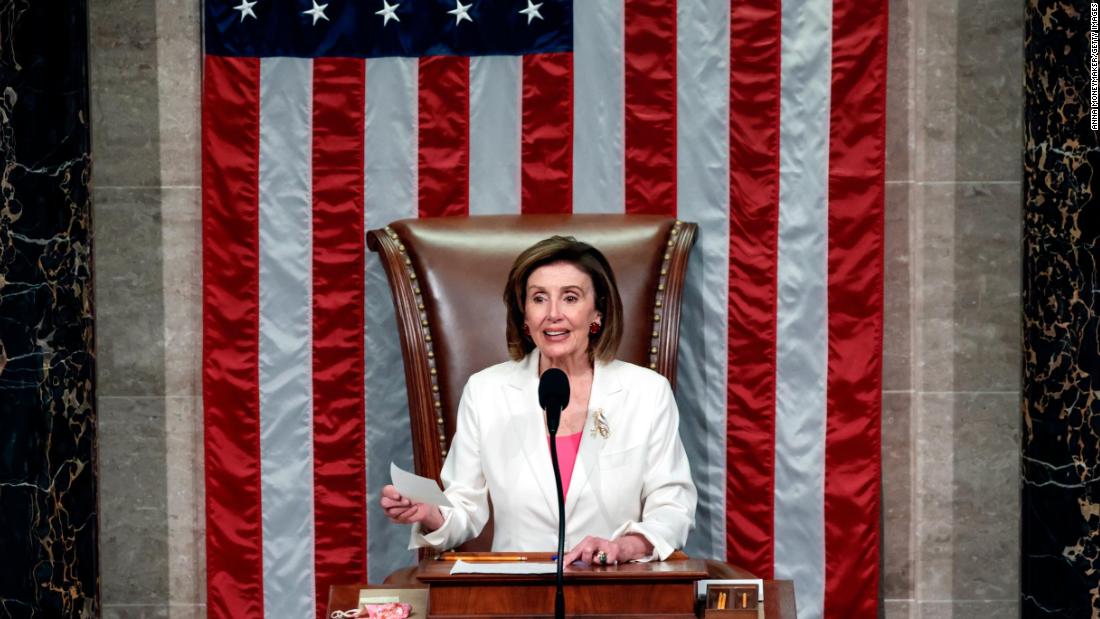sinayamars.blogspot.com

But a key component of the Build Back Better Act, which just passed the House, would end all of that. The proposal would prevent the largest and most profitable corporations from paying little or no income tax by establishing a minimum tax of 15% of the income they report to shareholders if they make more than $1 billion in
profits. Known as the corporate profits minimum tax, it will pay for a large portion of the
Build Back Better Act by raising $319 billion in revenue over the next decade.
This is a realistic and sensible approach, and it must remain in the final Build Back Better package. It will reduce economic inequality, foster basic fairness, limit excessive tax preferences and curb corporate tax shelters, and improve the accuracy of corporate financial reporting.
Most fundamentally, the minimum tax will reduce inequality. By raising $319 billion in
revenue from the very largest corporations, it will finance critical investments such as combatting climate change and reducing child poverty. Since corporate taxes are borne mainly by owners of capital, and with wealth increasingly concentrated at the very top, the tax is highly progressive.
The tax also advances basic fairness: When the American public sees giant and highly profitable corporations paying no tax, it undermines their faith that the tax code is fair. Permitting large corporations to zero out their tax bills stacks the playing field against competitors, both large and small. Corporations and their batteries of tax advisors are highly adept at discovering and exploiting tax loopholes, but the tax will counteract that by setting a tax floor. It's a realistic and forward-looking response to Congress's inability to foresee the loopholes and tax shelters that will arise in the future.
Unsurprisingly, the tax has drawn its share of criticism from corporate lobbyists and other critics. But opponents' arguments are unconvincing.
Some critics have said that if Congress were so concerned with
tax loopholes that allow corporations to pay no taxes, it should just reform those provisions directly. But each of those loopholes benefits specific companies, and given the level of corporate power in Washington, eliminating them is a tall order. Indeed, many critics of the minimum tax also oppose reforms to the base corporate income tax. But the corporate minimum tax balances special preferences against tax fairness by ensuring that the largest corporations cannot eliminate their tax liability entirely.
Critics of the tax also emphasize that book and tax accounting serve two distinct goals — book reporting provides information to investors, while the tax code raises revenue. But these goals have a common purpose: to measure a company's profits.
Despite critics' assertions to the contrary, a minimum tax based on book income will improve the accuracy and integrity of corporate financial reporting. Corporations have strong incentives to inflate their financial statement income: to meet earnings expectations, inflate their stock price, and pad executive compensation. The minimum tax will create a healthy tension between the incentives to inflate reported earnings and the desire to avoid paying taxes.
Finally, critics assert that the tax could subject the
Financial Accounting Standards Board (FASB) to political pressure from Congress. But accounting rulemaking is hardly a world apart from policy or politics. FASB accounting rules already have tremendous financial implications. The board has faced pressure from American corporations and
Congress in the past — pressure that could actually mediate corporations' desire to limit their minimum tax liability. FASB will remain an independent entity, subject to Securities and Exchange Commission oversight. The Treasury Department will issue regulations to implement the minimum tax. And Congress will retain its ultimate authority over tax legislation.
Making companies pay at least 15% in taxes on the profits they report to shareholders sounds like a good idea because it is. It's a smart policy that will improve the tax code and help finance investments in the nation's future.
Adblock test (Why?)
"pay" - Google News
November 25, 2021 at 01:27AM
https://ift.tt/3cPBWvq
This tax would make wealthy corporations pay their fair share - CNN
"pay" - Google News
https://ift.tt/301s6zB
Bagikan Berita Ini















0 Response to "This tax would make wealthy corporations pay their fair share - CNN"
Post a Comment